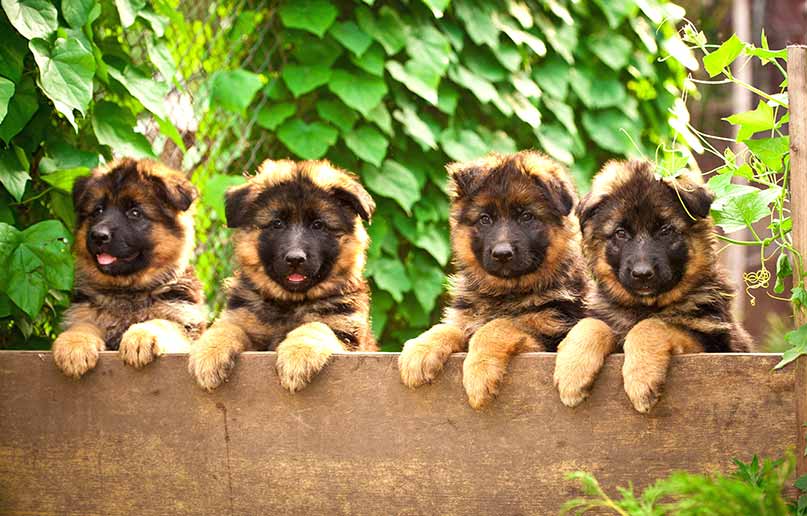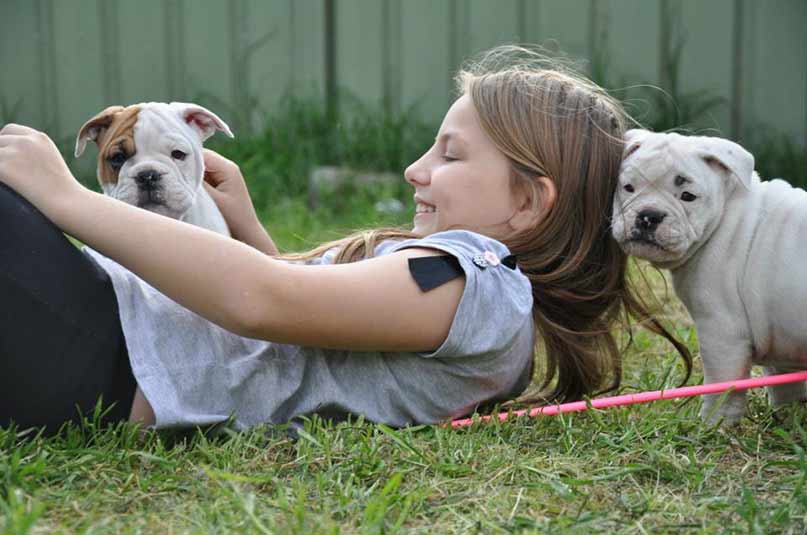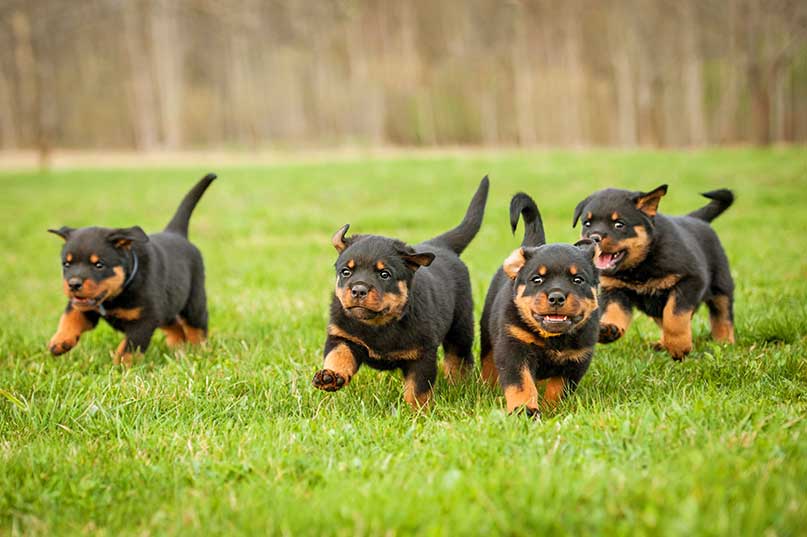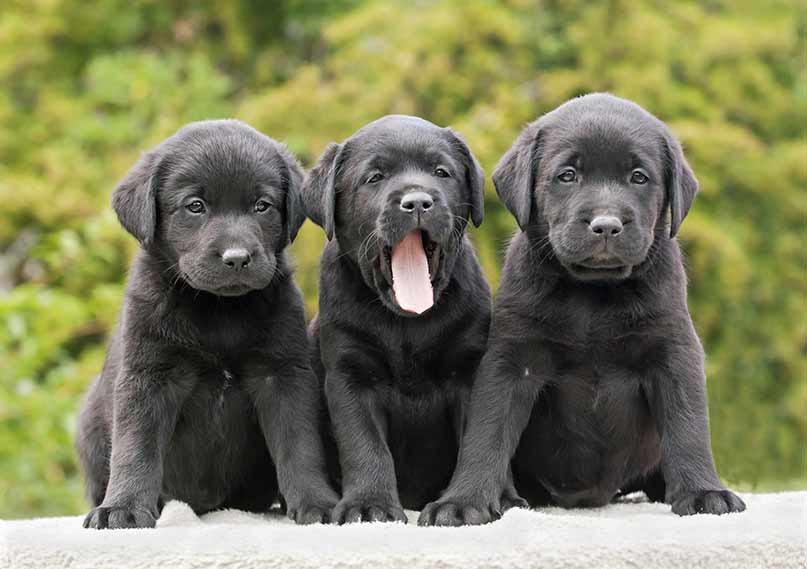
After the initial excitement of getting a new puppy has subsided, it???s easy to become overwhelmed with the task of training the new addition to your family. A major area of your puppy???s training is socialising with other dogs. Here are Petplan???s top tips for ensuring your dog is comfortable in any situation.
Why is socialising your puppy important?
Socialising is the process by which puppies learn to relate to other animals and people. If puppies miss out on this developmental stage then they can grow up to be painfully shy or even aggressive. However, if socialising your puppy is done correctly then your pet will become a confident, friendly and well-rounded member of your family.
It should be started as early as possible. Puppies under the age of 12 weeks have not yet learned how to approach people, situations or objects and the older they get, the more cautious they become when faced with new situations. Puppies usually go into their new homes at around six to eight weeks old, so it???s vital to introduce your puppy to as wide a variety of people, situations, and animals as possible.

Socialising your puppy with humans
While it may seem like a daunting task, socialising your puppy really is straightforward ??? you simply need to take your pet out as much as possible and introduce them to new experiences.
- Introduce your puppy to as wide a range of people as possible. This should include people of all shapes, sizes and races ???some dogs have been known to bark at people of races they aren???t familiar with, which likely stems from insufficient socialisation as a puppy.
- However, it???s important to start slowly to avoid the risk of overloading your puppy with too many things at once. Gradually increase the number of interactions as they get older and become more confident.
- Don???t just pass your puppy to a stranger as this can cause them to panic. Instead, have people give your puppy small treats, such as food or a toy to encourage interaction rather than force it upon them.
- Your puppy may be shy so you should watch them carefully and make sure that they don???t become overwhelmed. Signs of this include their ears going back, their tail being low, or trying to look smaller and avoiding eye contact.
- If this occurs then make sure these strangers don???t tower over your puppy, try to hug them, or stare at them. Alternatively, take your puppy out of the encounter and ask people to back away.
- Be proactive and try to anticipate potential bad encounters. Puppies are inquisitive, inexperienced and can get themselves into bother very easily. Keep a close eye on them during their socialisation period to help avoid potentially stressful situations.

Socialising with other dogs
It???s vital that your puppy socialises with other dogs as well as humans ??? and there are some simple things you need to keep in mind.
- Try to introduce your puppy to other dogs in the outdoors and on neutral territory. Ensure that both dogs are kept on their leads so they can easily be removed from any potentially uncomfortable circumstances.
- Let the dogs see each other from a distance and allow them to approach each other at their own pace and keep a close eye on the body language of both pets.??If it looks like either dog is uncomfortable, then simply remove your puppy from the situation and attempt to reintroduce them later.
- If you are introducing your puppy to a new dog in your home then you should also start slowly. Use a baby gate to separate your pet with their new acquaintance and see how they react to each other through the bars. Give them treats when they react well to each other.
- Once you are confident they can be introduced properly, then remove the gate and any treats or toys they could potentially fight over. Keep a close eye on them until you are confident they are comfortable and keep rewarding them for good behaviour.
- Puppies, as with humans, also need to learn respect for their elders. Older dogs may not like your puppy putting their teeth and paws all over them unless invited to do so, and will let your puppy know when they have crossed the line by ???telling them off???. Let them do this, but make sure that it does not go too far. Stop your puppy from trying to go back for more when the older dog has had enough.
- Bear in mind that puppies often won???t be inoculated yet, so make sure you only introduce them to healthy and vaccinated dogs.

Socialising with other animals
It???s also important that your puppy comes into contact with different species of animals. The process is much the same as with other dogs, but be sure to monitor the situation closely. Bad habits can develop, such as the puppy learning to enjoy chasing other animals. If they do start chasing or being aggressive to other animals, remove them from the situation to a quiet area until they calm down and keep repeating until the behaviour abates.
Additionally it???s worth taking your puppy to puppy socialisation classes. Most veterinary practices hold these sessions ??? ask your vet for further information.


